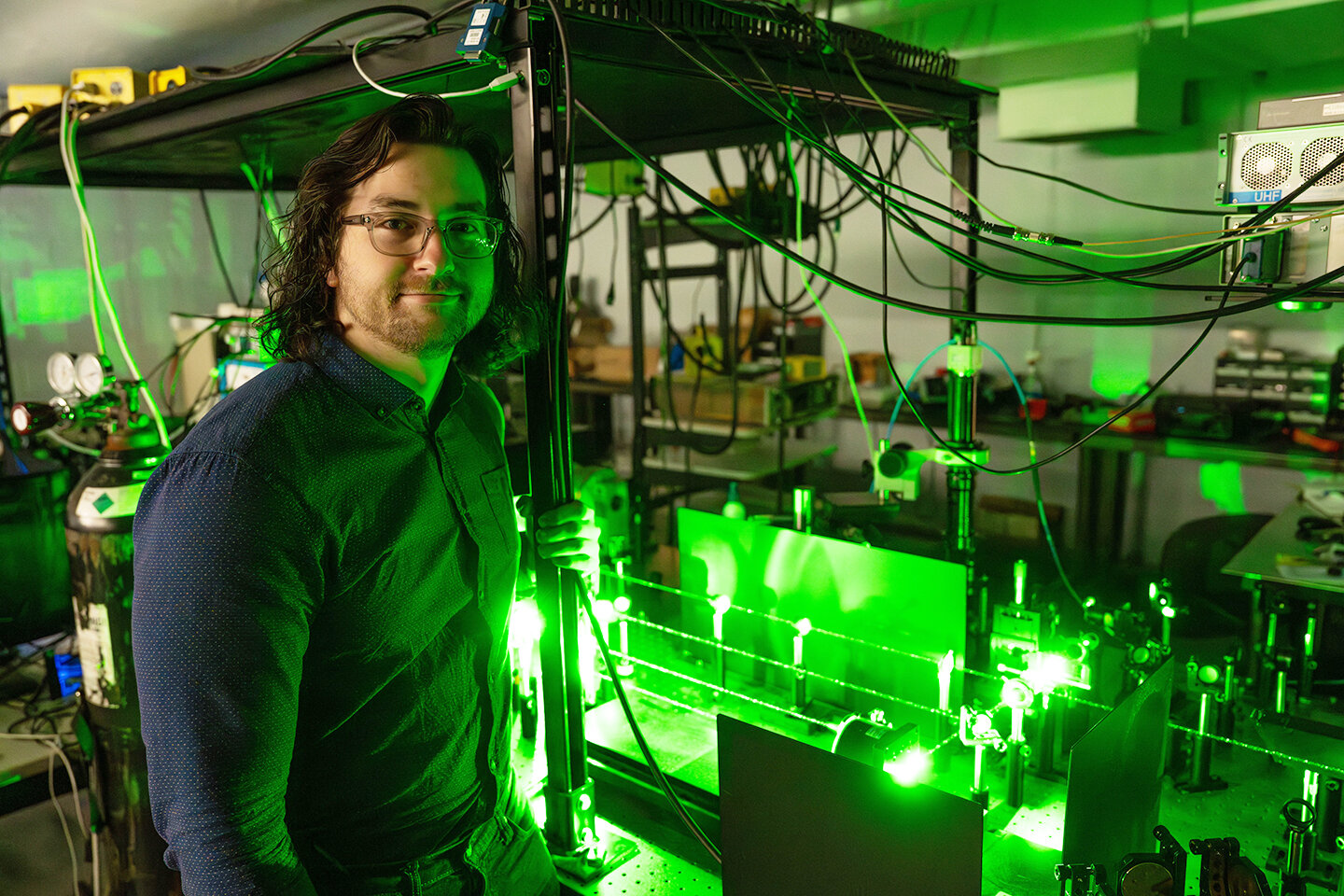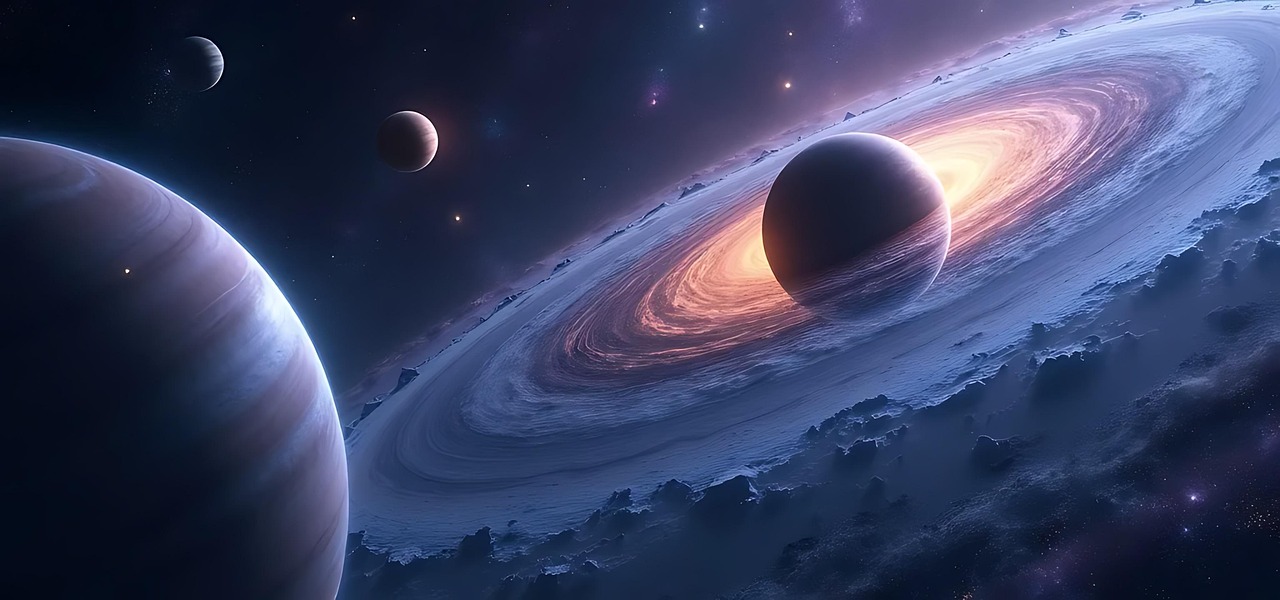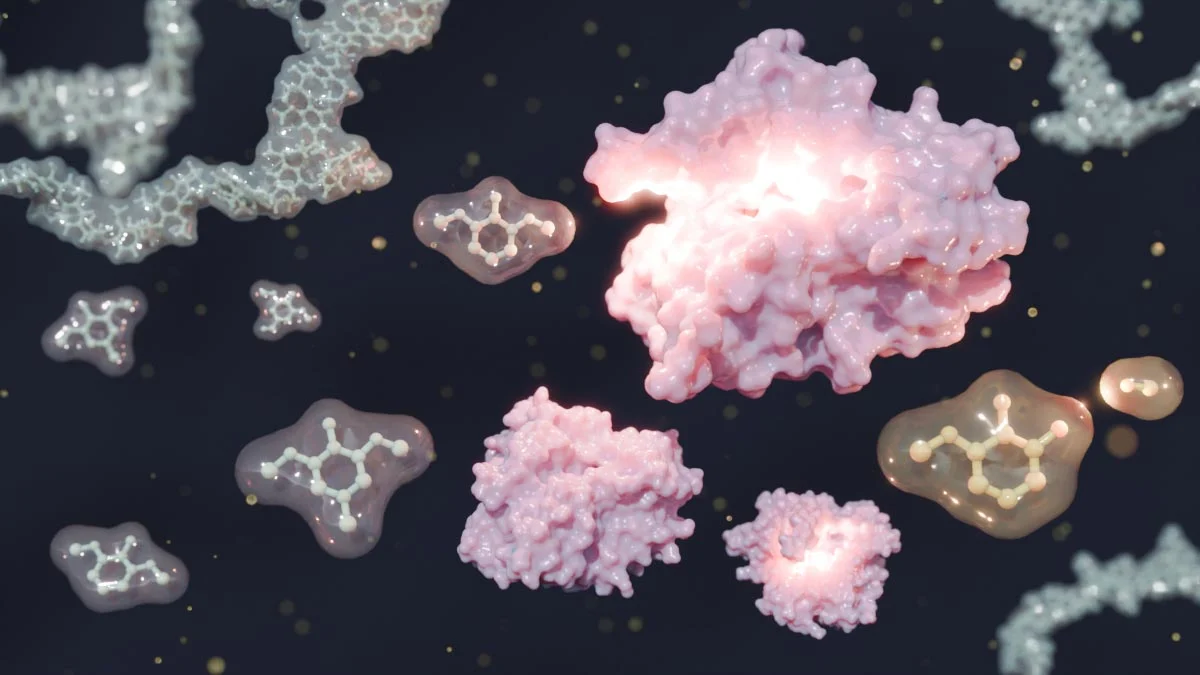Image by Chil Vera from Pixabay
A Cosmic Clue: K2-18b’s Atmospheric Secrets
In a groundbreaking discovery, astronomers have identified chemical compounds in the atmosphere of exoplanet K2-18b that may indicate the presence of life. Located 124 light-years away in the constellation Leo, K2-18b resides within the habitable zone of its star, where conditions could allow liquid water to exist—a key ingredient for life as we know it.
The Role of the James Webb Space Telescope
Utilizing the advanced capabilities of NASA’s James Webb Space Telescope (JWST), researchers from the University of Cambridge detected trace amounts of dimethyl sulfide (DMS) and dimethyl disulfide (DMDS) in the planet’s atmosphere. On Earth, these compounds are predominantly produced by marine microorganisms, such as phytoplankton, making them potential biosignatures—chemical indicators of life.
Understanding Hycean Worlds
K2-18b is categorized as a “Hycean” planet—a term describing worlds with hydrogen-rich atmospheres and vast oceans. These planets are considered promising candidates in the search for extraterrestrial life due to their potential to support microbial organisms in their deep oceans. The detection of DMS and DMDS adds weight to the hypothesis that Hycean worlds could harbor life.
Cautious Optimism in the Scientific Community
While the findings are compelling, scientists urge caution. The presence of DMS and DMDS is not definitive proof of life, as non-biological processes could also produce these compounds. Further observations and studies are necessary to rule out alternative explanations and confirm the biological origin of these molecules.
The Significance of the Discovery
If confirmed, this discovery would represent the strongest evidence yet of life beyond Earth, fundamentally altering our understanding of the universe and our place within it. It would suggest that life may not be unique to our planet and could be more common across the cosmos than previously thought.











1 Comment
Ancient Mars River Suggests Red Planet Was Once Wetter - Dailyscitech
April 17, 2025[…] Let us know in the comments, share it with a fellow space enthusiast, and dive into our feature on biosignatures on distant exoplanets — the next frontier in the search for […]